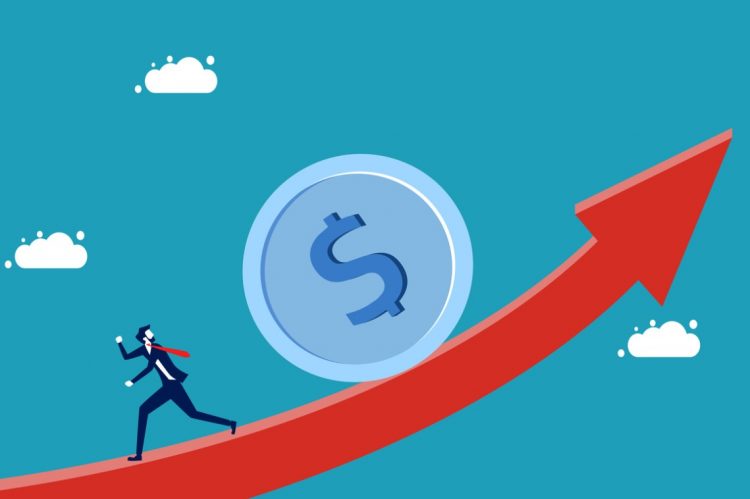The latest report on Personal Consumption Expenditures (PCE) showed prices climbing by 0.3% from last month, an expected but still potentially concerning increase in inflation as the Federal Reserve mulls its next move on interest rates.
Fact: Member Agents Win 60% More Listings.*
Homes.com gives Members massive amounts of exposure. Your contact info is always on your listings, and your listings are targeted and retargeted to interested buyers across the web. Join today!
*Based on internal analyses comparing Members to non-Members on Homes.com.
Business Tip of the Day provided by
Categories
The Most Important Real Estate News & Events
Click below to receive the latest real estate news and events directly to your inbox.
By signing up, you agree to our TOS and Privacy Policy.













